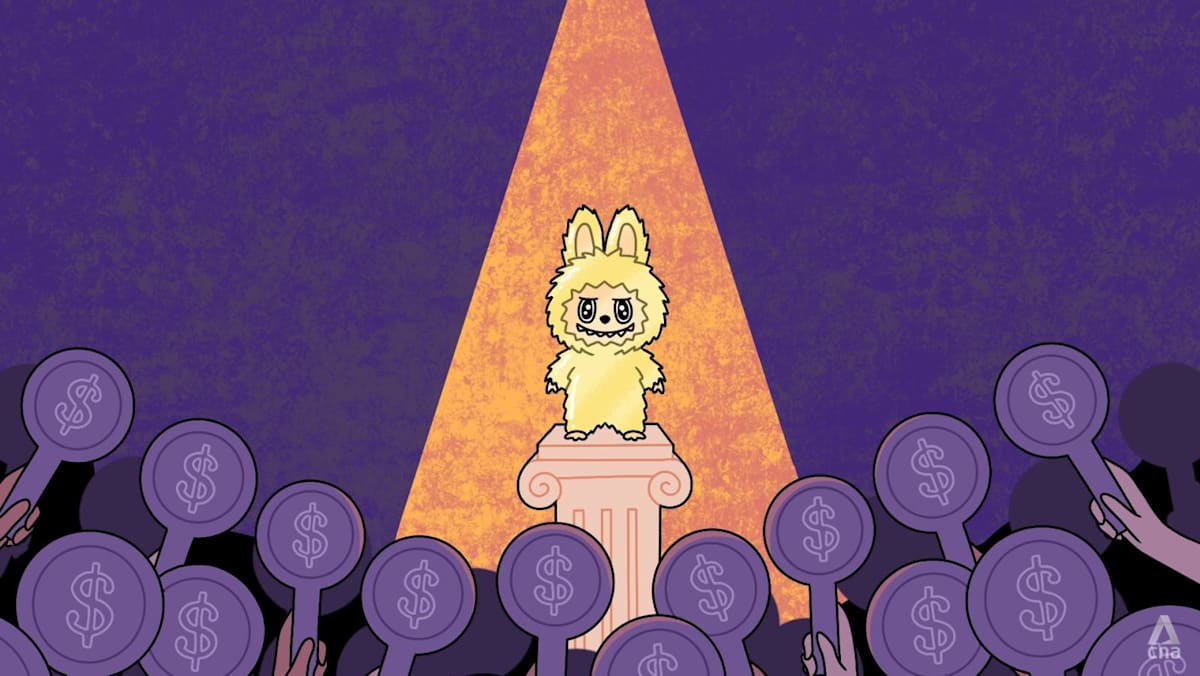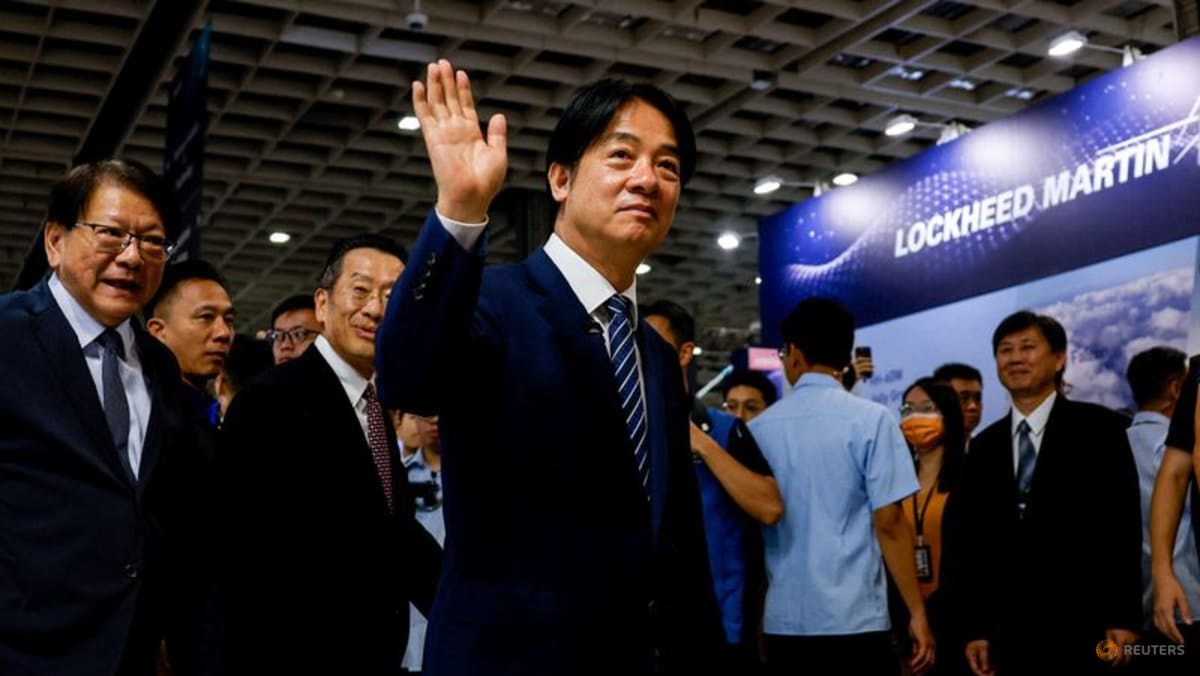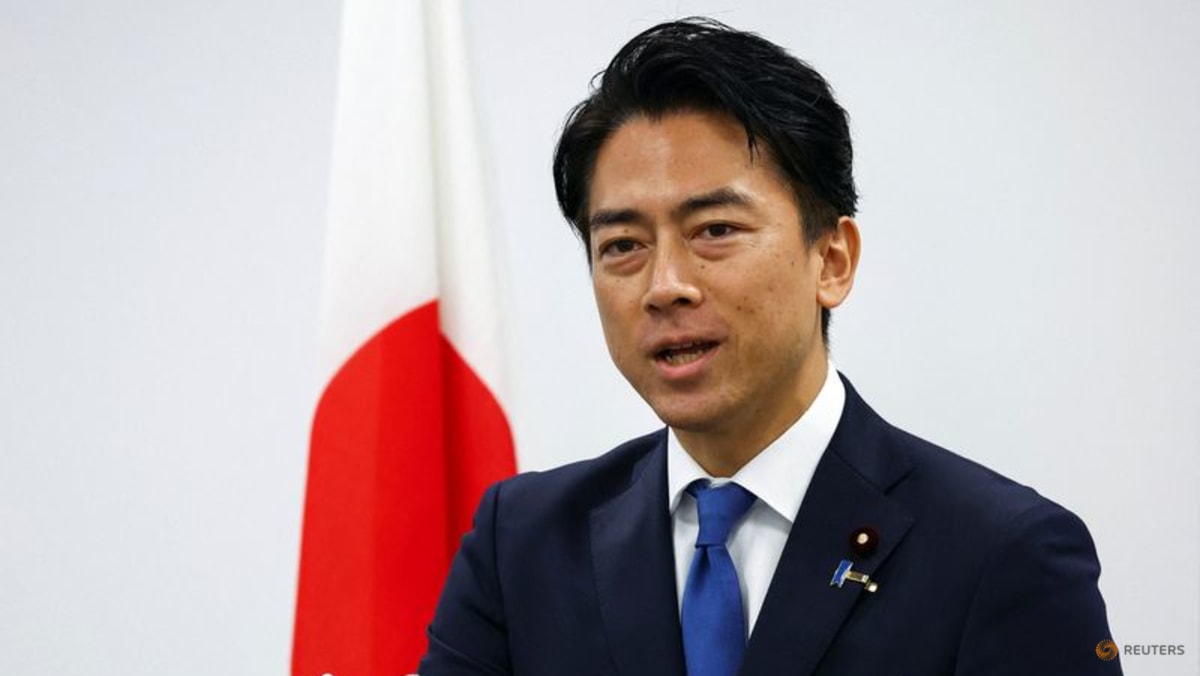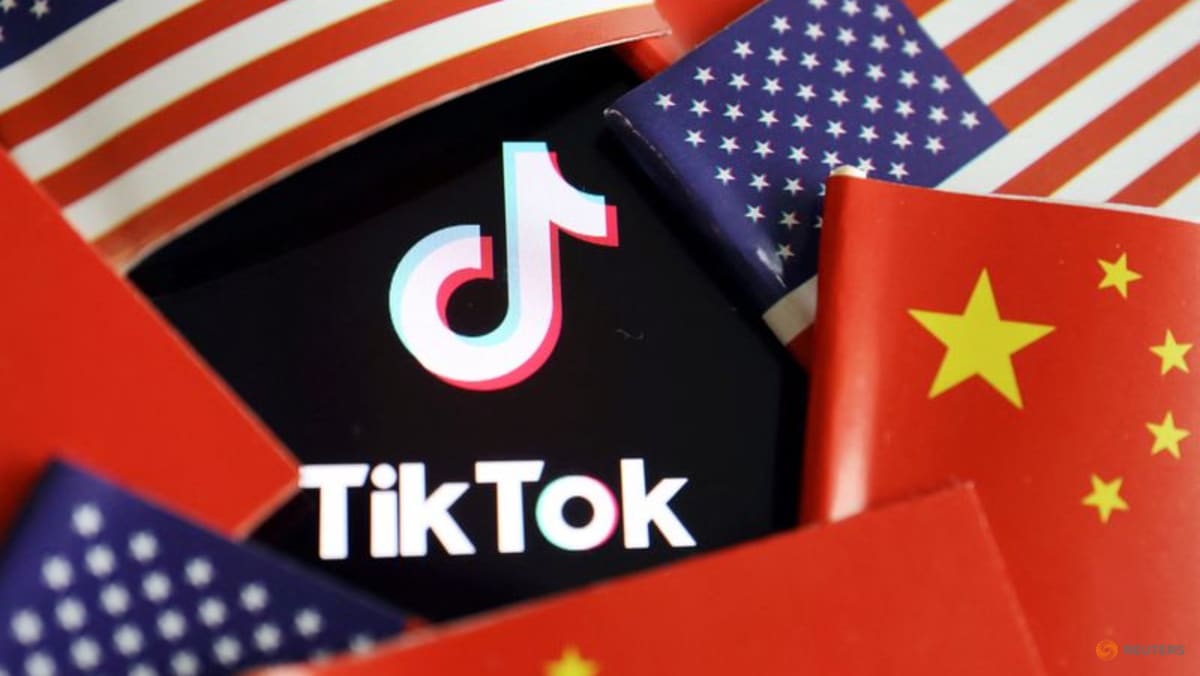Priced between S$15 and S$30 a pop, Pop Mart’s blind boxes may hardly feel like a pinch to adult buyers with higher disposable incomes, even in today’s economic climate.
Dr Samer Elhajjar, a senior lecturer of marketing at the National University of Singapore (NUS) Business School, explained: “When money is tight, many consumers switch to affordable pick-me-ups rather than big splurges.”
Media coverage has framed Labubu and related intellectual properties as small luxuries that still feel special, he said, adding that Pop Mart’s merchandise fit precisely into this niche with their accessible price points.
This aligns with the behavioural economics theory known as the “lipstick effect”, where consumers indulge in smaller treats during economic downturns or recessions.
In this sense, these blind boxes offer a “low-cost, high-reward emotional experience”, Dr Wei said.
Pop Mart’s success also plays into broader social and cultural trends, including the growing appeal of “kidulting”, in which adults look for nostalgia, emotional comfort and familiarity or relief in a world filled with uncertainty and stress.
Dr Jeremy Sng, a lecturer from the Interdisciplinary Collaborative Core Office at the Nanyang Technological University (NTU), said: “Labubu exemplifies how adults turn to collectibles for stress relief and community, and how adults use items to construct (or) reinforce personal identity in anxious times.”
The practice of relying on consumer goods to construct or reinforce one’s identity is not new, Dr Sng noted, adding that material possessions often become extensions of a person’s self, offering emotional comfort, a sense of control and continuity in the midst of life changes and transitions.
Even the “ugly-cute” appearance of Labubu and other Pop Mart characters adds to their charm, resonating with younger generations seeking something unconventional and offbeat.
Adjunct Lecturer Joe Escobedo from NUS Business School said: “Millennials and Gen Zers have more disposable income (than teenagers and past generations in their age range), are active online and embrace self-expression through quirky collectables. These factors create a perfect storm where Pop Mart’s products double as both personal identity statements and social media currency.”
Agreeing, Dr Wei said that Labubu’s off-kilter, ‘ugly-cute’ aesthetic matches Gen Z’s ironic or individualist style.
She also said that the character’s “seemingly weird but charming” design disrupts the traditional toy industry’s preference for conventionally cute or attractive visuals.
And Pop Mart has not rested on its laurels or relied solely on Labubu’s success.
The firm has diversified into other toy lines – including the Crybaby, Skullpanda and Dimoo series, each with its own dedicated following – and collaborated with established intellectual properties such as Harry Potter and SpongeBob SquarePants.
“Instead of betting on a single intellectual property, Pop Mart has built a vast matrix of intellectual properties and it releases new series at an incredibly fast pace,” Dr Wei said. “This not only diversifies risk but also maintains market freshness and keeps consumers continuously engaged.”














